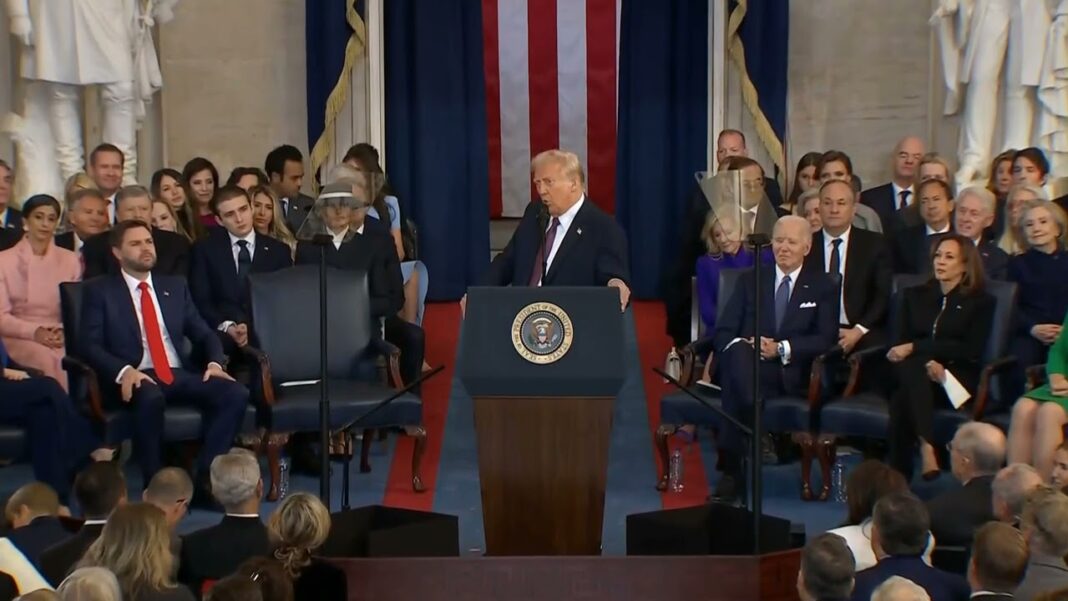The redrawn maps would remain in place through the 2026, 2028, and 2030 elections.
California Gov. Gavin Newsom on Aug. 21 signed a legislative package to put a measure on the Nov. 4 ballot that would redraw the state’s congressional map to favor Democrats, in response to Texas’ redistricting efforts.
The tally in the lower state Assembly was 57–20. It passed the state Senate in a 30–8 vote, and was signed into law by Newsom about 30 minutes after the legislature approved the bill.
The series of bills—combined into a package dubbed the Election Rigging Response Act—establishes new maps for congressional districts, gives authorization for the redrawn map to replace the current one, and declares a Nov. 4 special election to seek Californians’ approval of the change.
The bill’s passage comes as the Texas Senate presses forward with its own vote to authorize a redrawn map of the state’s congressional districts, which is expected to pass later Thursday evening. If the map is approved by the state legislature, it will go to Gov. Greg Abbott for his signature.
Congressional maps are usually drawn once a decade following the decennial census, and mid-decade redistricting is a relatively rare phenomenon.
Newsom, the leading advocate for redrawing the maps, has said the move is intended to “fight fire with fire,” responding to Texas’s efforts to expand GOP control of its U.S. House delegation by five seats.
The California legislation has the backing of leaders in both chambers of the state Legislature and is likely to pass with the assent of the Legislature’s supermajority of Democrats.
“We are prepared, and we will fight fire with fire,“ California Assembly Speaker Robert Rivas said.
“We will do whatever it takes to defend our democracy. We will do whatever it takes to protect the voices, the votes, and the rights of every American.”
On Aug. 20, the Texas House passed a new congressional map after Democrats who fled the state returned after assurance of California’s efforts to counter Texas’s move.
The California legislative package would redraw the boundaries for five currently GOP-held districts to increase their share of voters who are Democrats.
Three California Republicans—Reps. Kevin Kiley, Doug LaMalfa, and Ken Calvert—are particularly endangered by the change, as their districts are on track to be inundated by voters who backed Vice President Kamala Harris in 2024.
Two other Republican seats at risk—currently held by Reps. Darrell Issa and David Valadao—could still stay under GOP control, according to The Cook Political Report, although retaining these districts will become substantially more difficult under the redrawn maps.
California, the most populous state in the union, currently holds 52 seats in the U.S. House, 43 of which are held by Democrats.
By Joseph Lord and Jackson Richman








